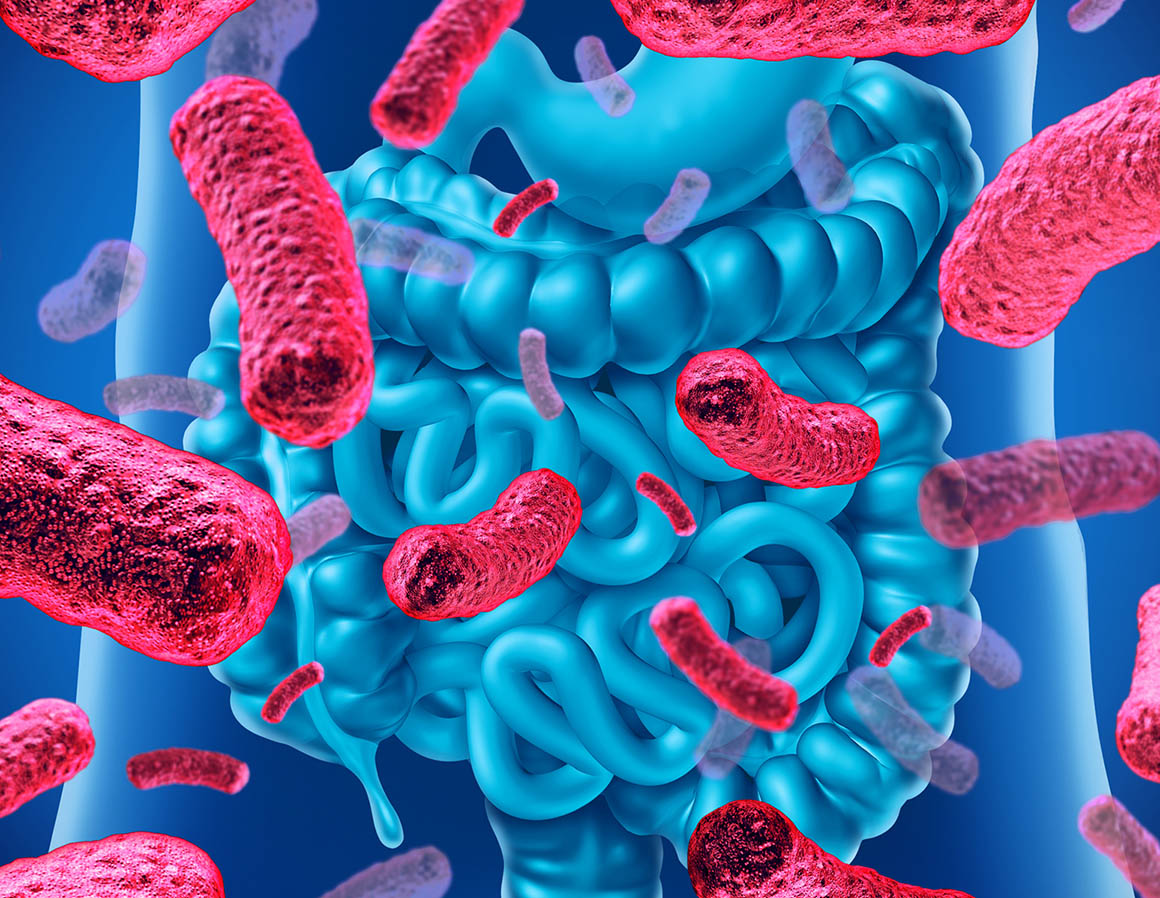Constipation is one of the first signs indicating to us that our bowels are not functioning properly. Constipation especially plagues those engaged in secondary occupations, those who have poor eating habits & those not drinking sufficient water.
When a person is constipated, the walls of the colon are often impacted with accumulated fecal matter. The inner diameter of the colon is reduced like a water pipe with a buildup of mineral deposits. Eventually the opening becomes narrower, making it more difficult for waste to pass.
Waste from the blood, which should normally be drawn into the colon through the colon walls, is reabsorbed by the body along with other toxins resulting from the fermentation & putrefaction of incompletely digested food. Subsequently, intestinal stasis often follows which occurs when the muscular contractions, known as peristalsis, can no longer sweep the hardened feces along the digestive canal.
A person can have several bowel movements a day & still be constipated. This is because movements are usually smaller & occur more frequently increasing the frequency of peristalsis, (wave action), to allow the waste to exit the body. Taken to it’s limit, the effect can be diarrhea, which occurs when the large intestine hastens evacuation to the point where the bowel doesn’t have time to remove the water & consolidate the waste into solid stool.



